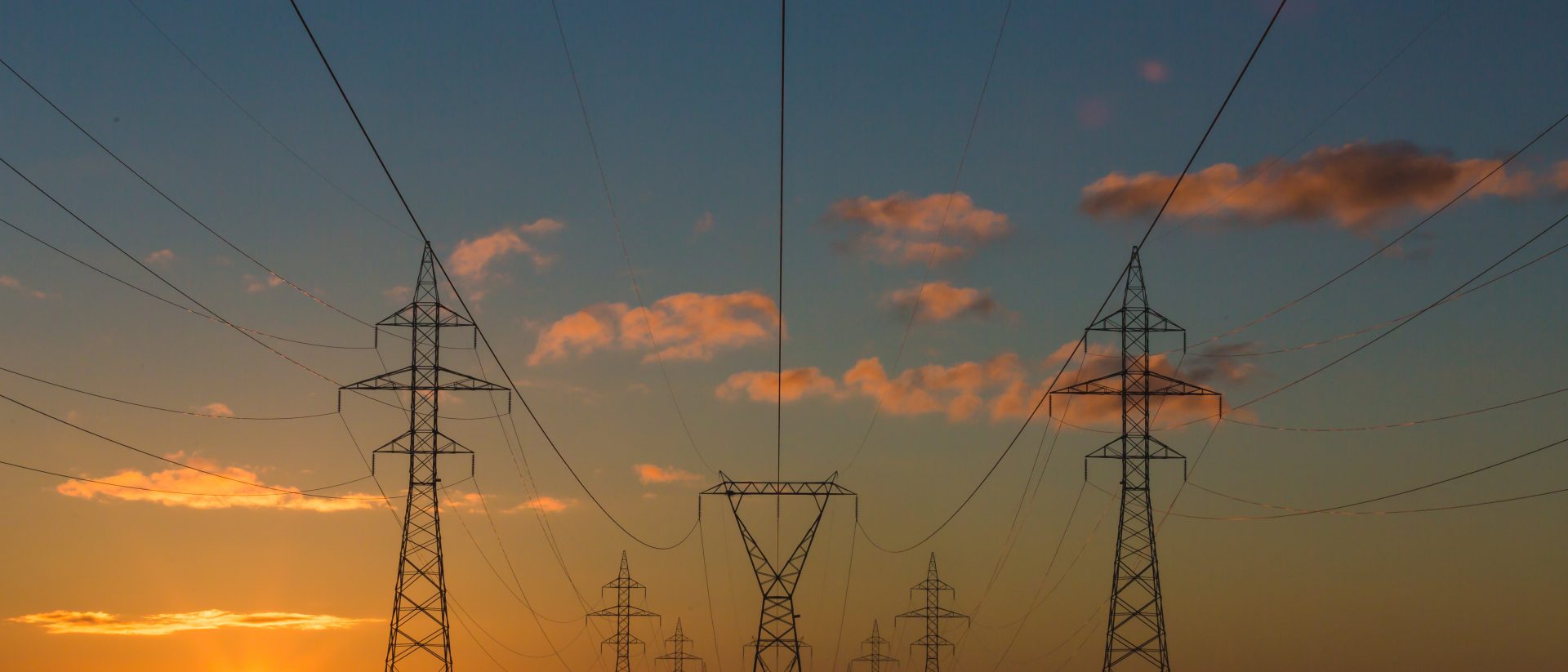Press Release: Capacity Market changes to help open up market for energy storage
- Government confirms key changes to the Capacity Market which will make it easier for clean technologies to compete
- Introduction of a ‘carbon emissions threshold’ is a change the REA has long called for
- Other barriers removed for demand-response and energy storage
The Government has today taken a step towards the emergence of a robust energy storage industry in the UK, and towards a power system which is more ‘flexible’ and able to integrate greater volumes of renewable electricity, as they confirm long-awaited changes to the Capacity Market.
The Capacity Market is an auction system designed to ensure sufficient electricity generation capacity is available at peak times. It has been criticised in the past for not considering the carbon intensity of the technologies it contracts, and for not supporting new and emerging technologies like demand response by its design.
Commenting on the changes, Dr Nina Skorupska CBE, Chief Executive of the REA said:
“A common barrier to advancing the UK’s energy storage sector is that our electricity grids and major energy policies from Government are set up for an age of large-scale, centralised fossil power stations. As clean energy technologies plunge in cost, and the climate crisis becomes ever-more urgent, it is crucial that the Capacity Market is designed in line with our decabonisation goals.
“The changes to the Capacity Market today will help make it easier for cutting-edge clean technologies to compete.
“In particular, we welcome the introduction of emission limits with mandatory reporting and verification. This should help push out some of the highest carbon-emitting plants and redirect funding to cleaner means of ensuring the security of supply. Reducing prequalification rules will also be helpful, as will allowing demand-response projects to bid for longer contract lengths. The reduced capacity thresholds will additionally ensure a greater number of smaller sites can participate.”
Vijay Shinde, Chair of the REA’s Energy Storage and Large Scale Power Forums and CTO of Harmony Energy commented:
“The outcome is encouraging to the energy storage industry, the changes will help progress a number of projects which in turn will assist in unlocking the vast potential of renewable power in the UK.
“Today’s positive announcement comes on the heels of the UK regulator last week approving changes ending ‘double charging’ of electricity storage. The current grid charging arrangements, which are distortive and leading to network costs being disproportionately recovered from electricity storage facilities, will thankfully end March 2021.
“With these regulatory changes happening, the UK storage industry is heading in the right direction.”
—ENDS—
For more information or to request an interview, please contact:
Amy MacConnachie
Head of External Affairs at the REA
Notes to editors
- Details of the policy announcement can be found here: https://www.gov.uk/government/consultations/capacity-market-carbon-dioxide-emissions-limits
Key changes to the Capacity Market include:
- Allow Demand Side Response (DSR) to apply to prequalify to bid for all the agreement lengths available in the CM (up to fifteen years) if they can demonstrate they meet the relevant capital expenditure (CAPEX) threshold
- Reduce the Minimum Capacity Threshold from 2MW to 1MW and enable Secondary Trading of Capacity Obligations under the Minimum Capacity Threshold if an entire Capacity Obligation is being traded
- Provide legislative underpinning for the long-standing 50% set-aside commitment for T1 auctions and the methodology for determining the minimum amount of set-aside
- Introduce a formal, annual review of new capacity technologies not currently competing in the CM but which could effectively contribute to security of supply
- Introduce a reporting and verification mechanism for the introduction of CO2 emission limits in the CM in line with original proposals in the consultation
- Remove the exclusion on LT STOR contract holders competing in the CM
- The emission limits will apply to capacity which existed before 4 July 2019 (described in this Government Response as “existing capacity”) from 1 October 2024;
***
2. Details of the double charging announcement, released on 14th May 2020 by Ofgem, can be found here: https://www.ofgem.gov.uk/publications-and-updates/cmp281-removal-bsuos-charges-energy-taken-national-grid-system-storage-facilities
About the REA
The Association for Renewable Energy and Clean Technology (known as the REA) is the UK’s largest trade association for renewable energy and clean technologies with around 550 members operating across heat, transport, and power. The REA is a not-for-profit organisation that represents renewable energy and clean technology companies operating in over fourteen sectors, ranging from biogas and renewable fuels to solar and electric vehicle charging. Membership ranges from major multinationals to sole traders.
About the REA’s Energy Storage Forum
The REA’s Energy Storage Forum is comprised of around 100 manufacturers, project developers, service providers, and operators of energy storage projects in the UK working at the residential, commercial, and grid-scale levels. This Forum represents the breadth of technologies that are able to store energy and release it at difference scales and speeds, from batteries to cryogenic and compressed air solutions.
For more information, visit: www.r-e-a.net

